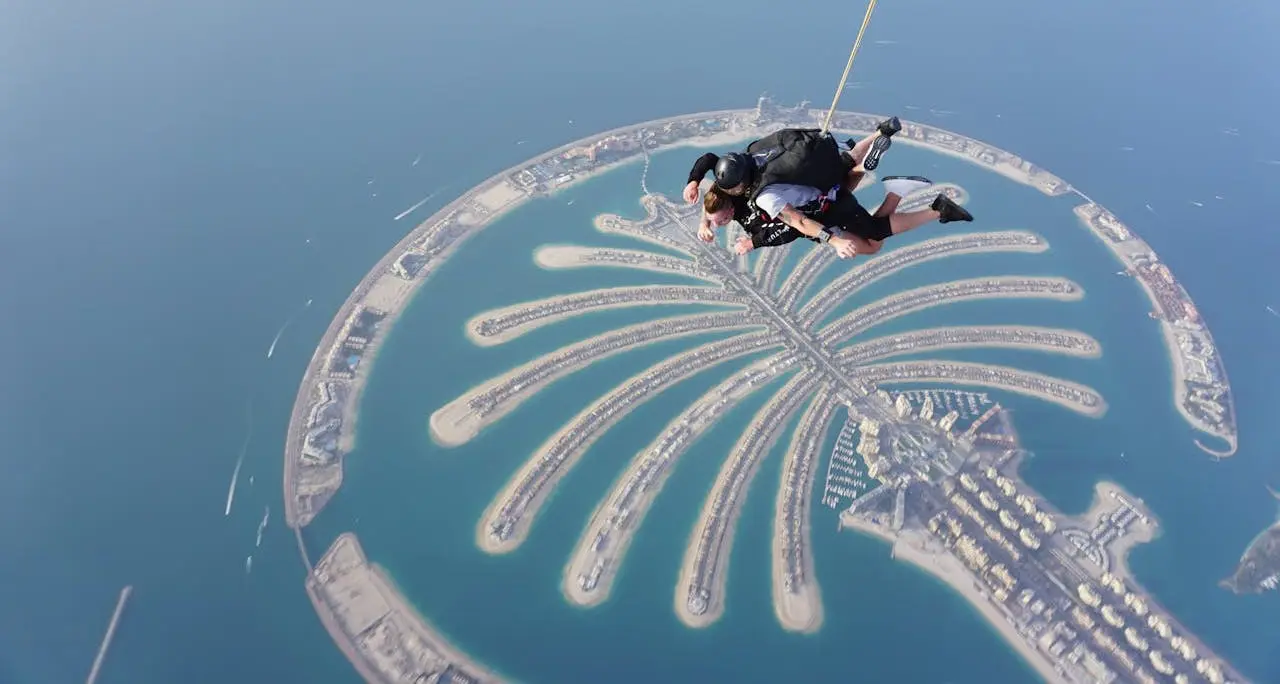Attracting investors from over 200 different countries, Dubai’s real estate sector is one of the most dynamic markets in the world. From smart apartments in Downtown Dubai to luxury villas on Palm Jumeirah, Dubai offers something for everyone. One of the first questions investors often ask us is: What’s the difference between freehold and leasehold property in the UAE?
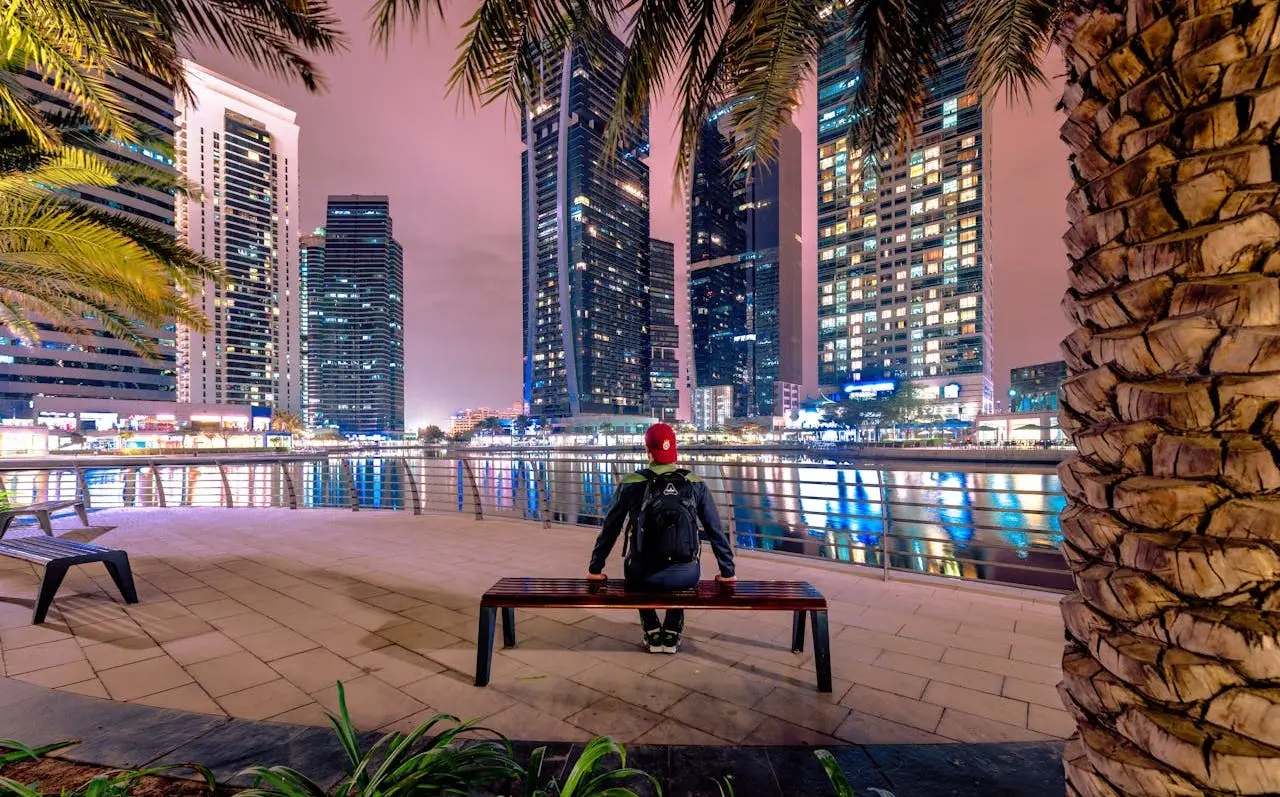
When you purchase a freehold property in Dubai, it means that you own the property outright, as well as the land. The owner’s name is registered with the Dubai Land Department (DLD) and a Title Deed is granted. Freehold ownership has no time limit and the property can be sold to a new owner easily. Freehold ownership in the UAE was originally legalised in 2002, when Dubai designated certain zones as available for foreigners to purchase freehold real estate.
- UAE nationals – Can purchase freehold properties across Dubai.
- Foreign nationals – Can buy freehold homes in designated zones.
1. Downtown Dubai – Home to the famous Burj Khalifa and strong rental yields up to 6%.
2. Dubai Marina – Sought after by expats moving to Dubai and yields between 5% to 6%.
3. Palm Jumeirah – Offers luxury apartments and premium villas that appreciate in value.
4. Jumeirah Village Circle (JVC) – Affordable property entry points and yields 6% to 7%.
5. Arabian Ranches – Suitable for families seeking villa communities close to schools.
6. Jumeirah Beach Residence (JBR) – Apartments close to The Walk with strong yields.
7. Dubai Hills Estate – Master-planned community offering villas and townhouses for families.
As an owner of a freehold property in Dubai, you have the right to: full ownership of the property and land, the right to sell, rent out, or live in the property, and the right to pass the property to heirs in the event of your death. Freehold ownership has no expiry date.
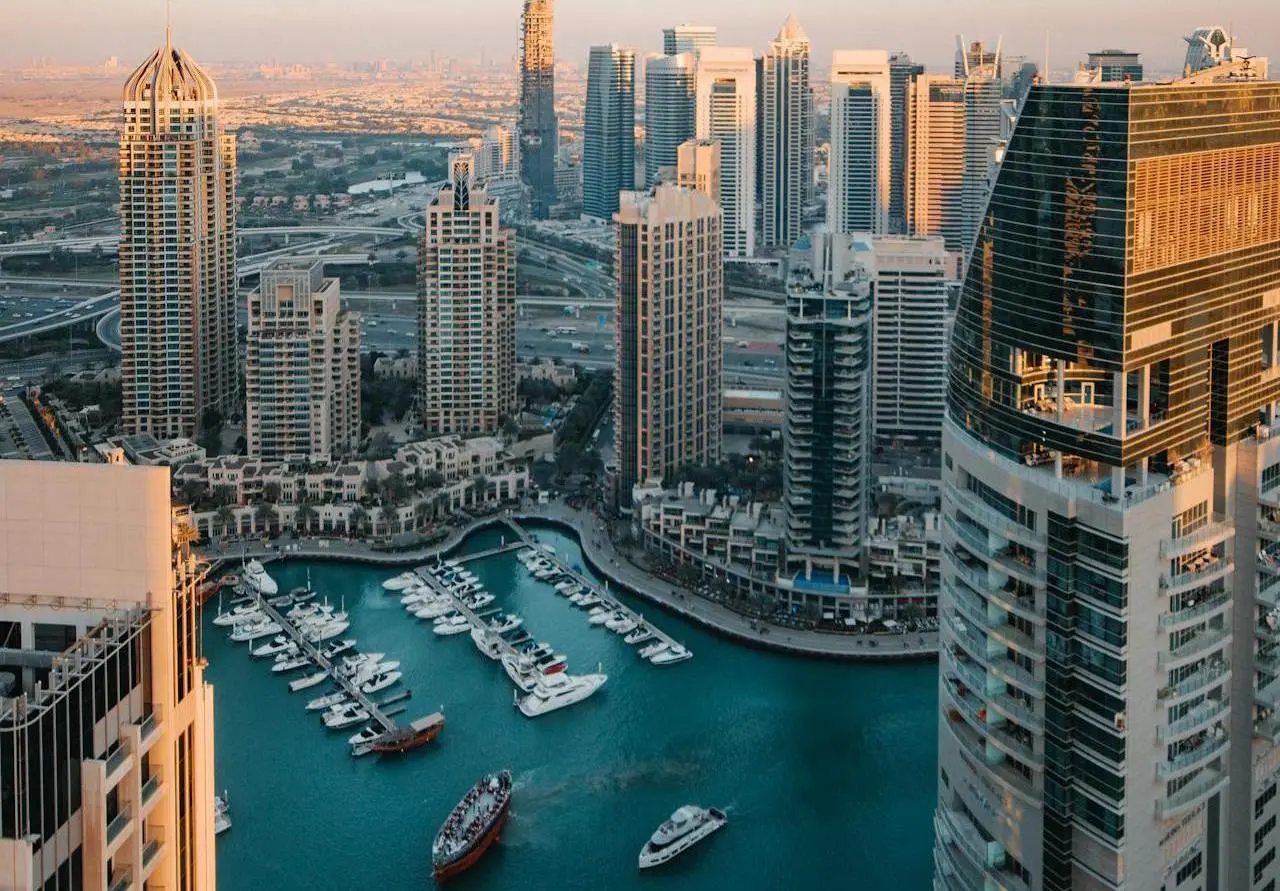
If you purchase a property that is a leasehold in Dubai, it means that you have the right to live in and use the home for a fixed term. Leasehold terms are typically between 30 and 99 years. Ownership of the land stays with the owner of the freehold – normally the master developer or the government. Once the term has expired, ownership will revert back to the freeholder unless the lease term has been renewed. Leasehold arrangements are regulated by the Dubai Land Department and governed under Law No. 7 of 2006 Real Property Registration Law.
- Leasehold real estate can be purchased by both foreigners and UAE nationals.
- Leasehold property can exist anywhere in Dubai with no restrictions on zones.
1. Deira – Older districts offering heritage charm and leasehold properties.
2. Bur Dubai – Mostly leasehold homes within a historical commercial hub.
3. Some Dubai Creek locations – Offer limited availability of freehold homes.
Once the leasehold term has expired, new terms can be negotiated between the property buyer and the original freeholder. In some cases, costs can be significant. If terms cannot be agreed between both parties, the property returns to the freeholder. Lease renewals are subject to Law No. 26 of 2007 Regulating Relations Between Landlords and Tenants in the Emirate of Dubai.
As a leaseholder, you have the right to: use and occupy the property during the stated lease term and sell the leasehold to another person with developer or DLD approval. NOTE: Leaseholders are also responsible for maintenance of the interior of the property that they purchase.
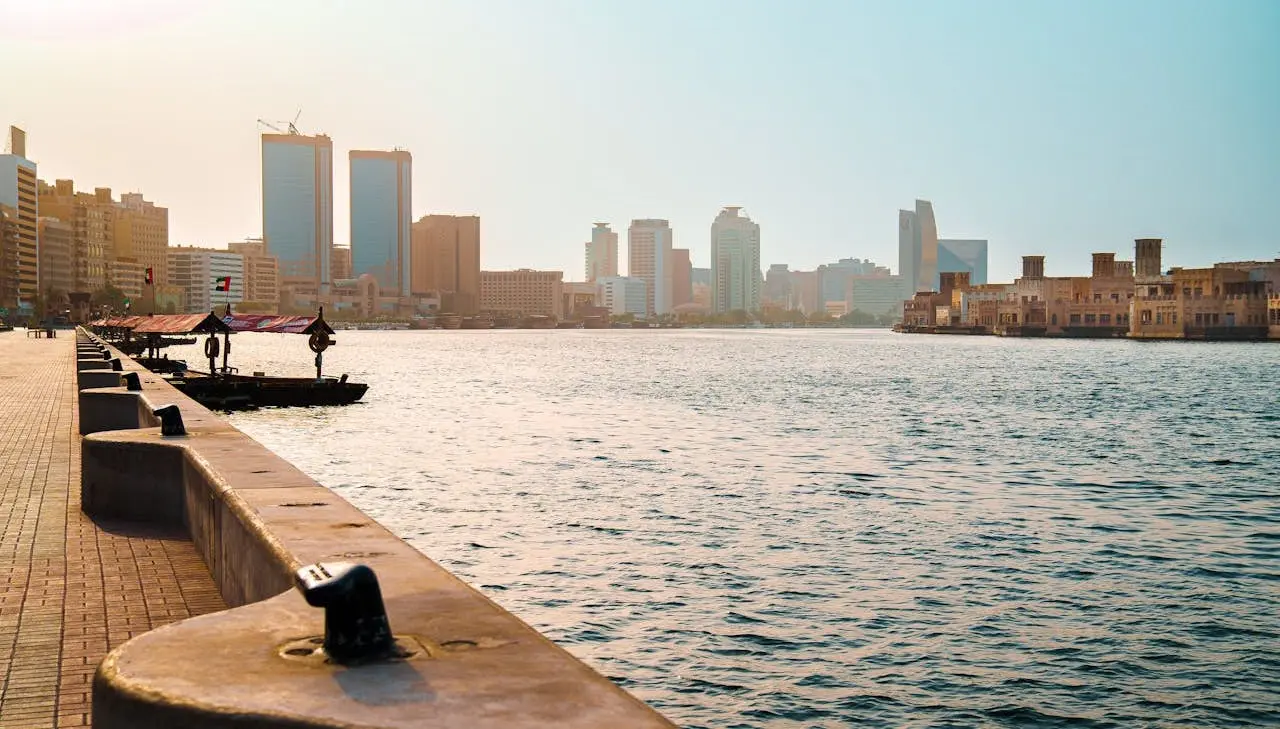
| Feature | Freehold Property | Leasehold Property |
| Ownership | Full ownership of the property and land | Right to use for fixed term normally between 30 and 99 years |
| Expiry | Freehold property ownership never expires | After the lease ends, the property returns to the freeholder |
| Control | Owner has full control over making alterations to the property | Often require landlord approval to make changes to property |
| Maintenance | Owner is responsible for complete upkeep and maintenance | Owner responsible for internal maintenance and freeholder for structural |
| Areas available | Freehold ownership is available in designated freehold zones | Leasehold properties can be available anywhere in Dubai |
| Resale Value | Freehold properties are generally higher priced | As the lease term shortens, the resale value depreciates |
| Inheritance | Home can be passed on to heirs after death | Reverts back to freeholder unless leasehold has been renewed |
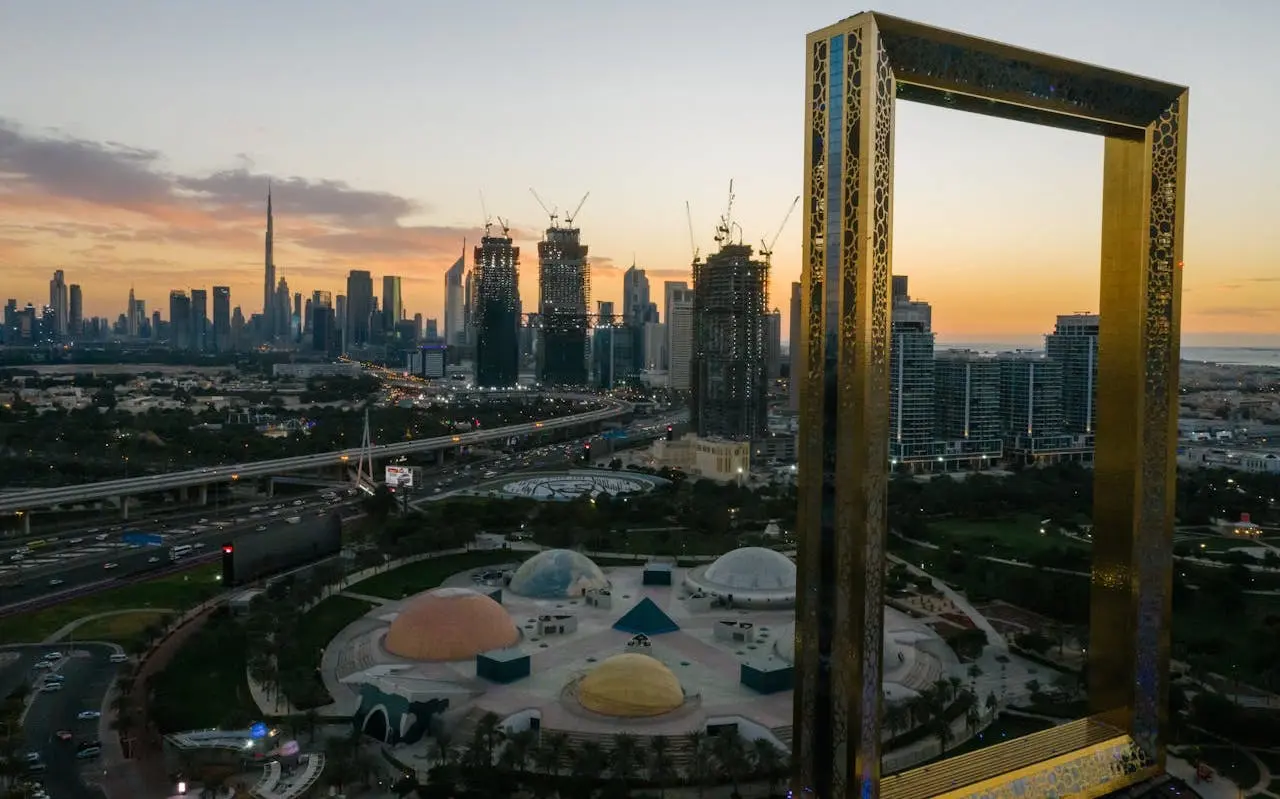
1. Lasting Ownership – No expiry date and long-term ownership security.
2. Full Control – You can renovate your home, rent out, or sell when you want.
3. Capital Appreciation – Historically higher growth in freehold areas of Dubai.
4. Legacy Investment – Can be inherited by heirs following inheritance procedures.
5. Stronger Financing Options – Banks more willing to provide mortgages for freehold.
1. Lower Purchase Price – Leasehold home is normally cheaper than a similar freehold property.
2. Access to Prime Areas – Sometimes leasehold is the only option in premium UAE locations.
3. Less Responsibility for Structure – Freeholder is responsible for external and structural repairs.
4. Long Lease Terms – For many buyers, a 99-year lease feels similar to freehold ownership.
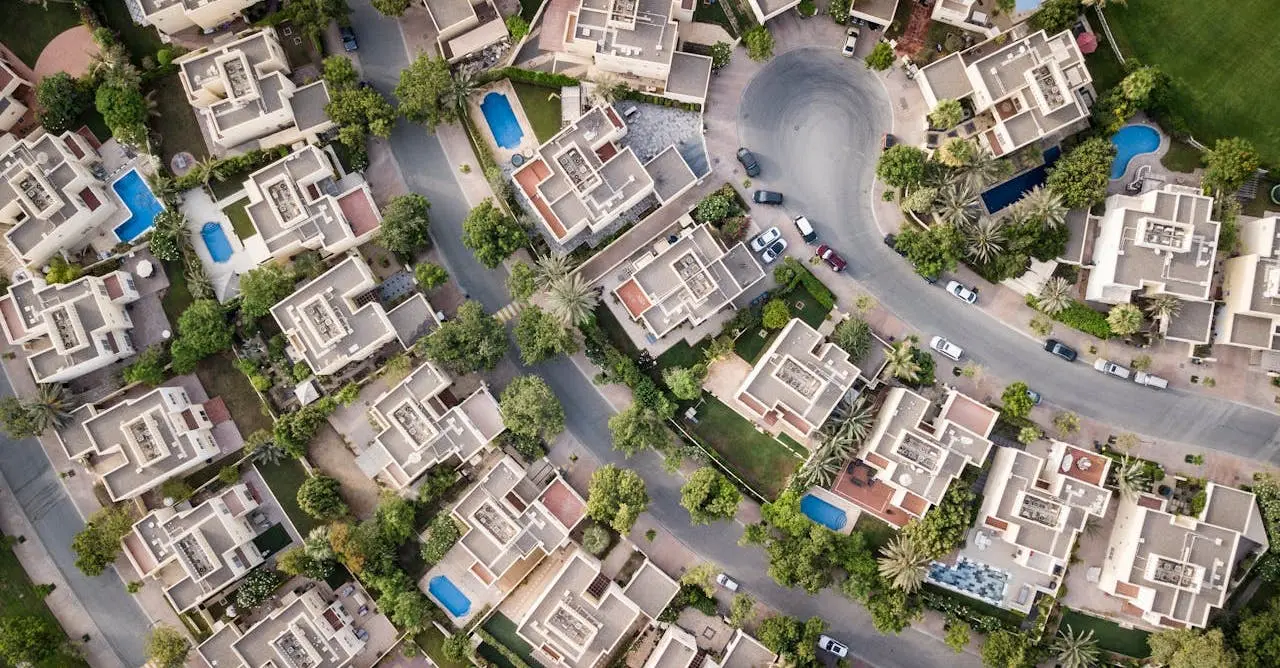
Whether the property is a freehold or leasehold, service charges and maintenance costs normally apply. For leasehold properties, the landlord is responsible for paying for major structural repairs. For freehold properties, the property owner is responsible for all home repair costs.
Service Charge Costs in Dubai
- Average service charges in Dubai typically range AED 10 to AED 30 per square foot per year.
- High-end developments such as Palm Jumeirah can charge AED 40 to AED 50 per square foot.
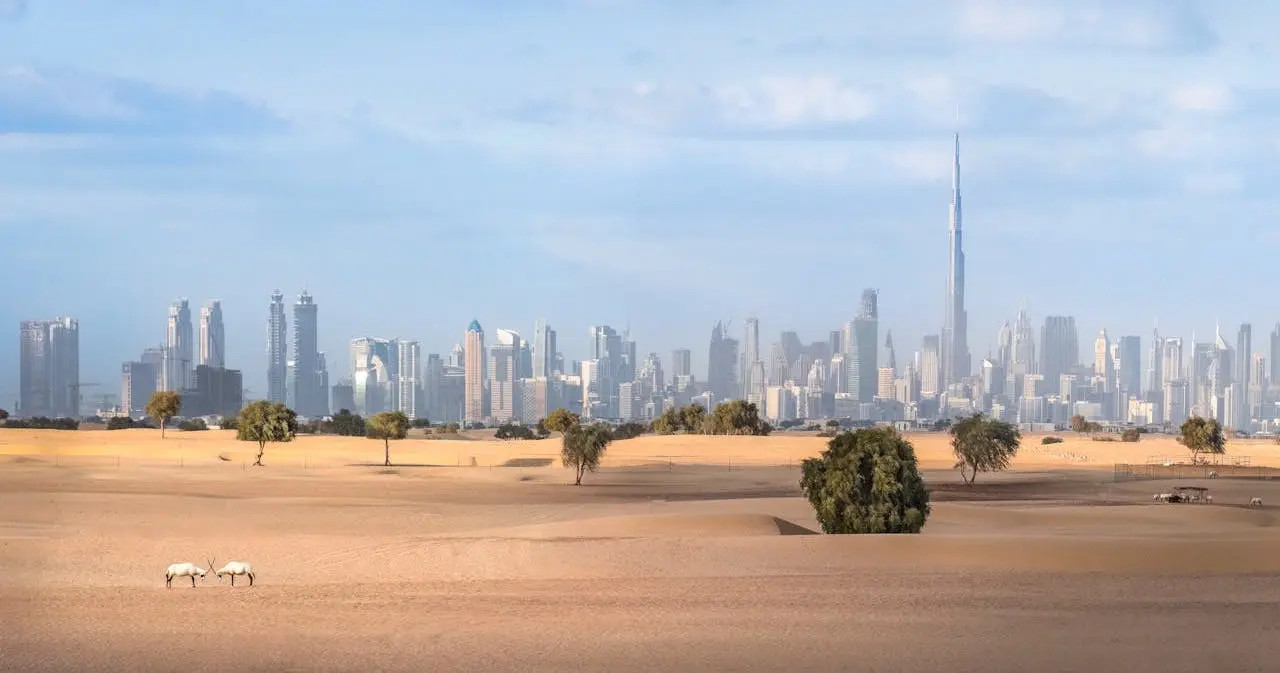
Investors who are purchasing a freehold or leasehold home in Dubai need to understand how that might affect mortgage eligibility, especially as foreign buyers may face different terms to those who are UAE residents.
In most popular areas approved for foreign ownership in Dubai, freehold properties are the easiest and most straightforward to finance.
Typical Mortgage Terms for Freehold Property
- Loan-to-Value (LTV) ratio: Normally up to 75% for UAE residents and 50% for non-residents.
- Interest rates: From 3.99% to 5.25% per year. Normally fixed for 3 to 5 years and then variable.
- Mortgage length: Mortgages up to 25 years offered and cannot exceed buyer’s retirement age.
Why financing is easier for freehold
Banks in the UAE view freehold ownership as more secure – a lasting asset that has strong resale value. Properties in popular freehold zones are easier to sell and therefore reduce risk in the eyes of the lender.
Freehold buyer scenario: A non-resident of the UAE purchasing a freehold apartment in Dubai Marina for AED 2 million. This person could secure a 50% LTV mortgage of up to AED 1 million. The mortgage would be payable over 20 years at around 4.5% interest.
Those who want to purchase a leasehold property will often find that financing is more restrictive and depends greatly on how many years are left on the current lease. Many banks in the UAE will only finance a leasehold property that has at least 20 to 25 years left on the lease term after the mortgage has been paid. For example: If you require a 10-year mortgage, the property you want to buy needs at least 35 years left on the current lease.
Key points for Leasehold Buyers:
- LTV ratios are lower. Normal LTVs of 50% to 60%, even for Dubai residents.
- Interest rates may be up to 0.25% to 0.5% higher than freehold mortgages.
- Some lenders refuse to finance leasehold and cash is the only option to buy.
Leasehold buyer scenario: A non-resident of the UAE purchasing a leasehold apartment in Dubai Marina for AED 2 million. The leasehold has 40 years remaining. This person might be able to secure a 50% LTV mortgage payable over 15 years with interest rates closer to 5%.
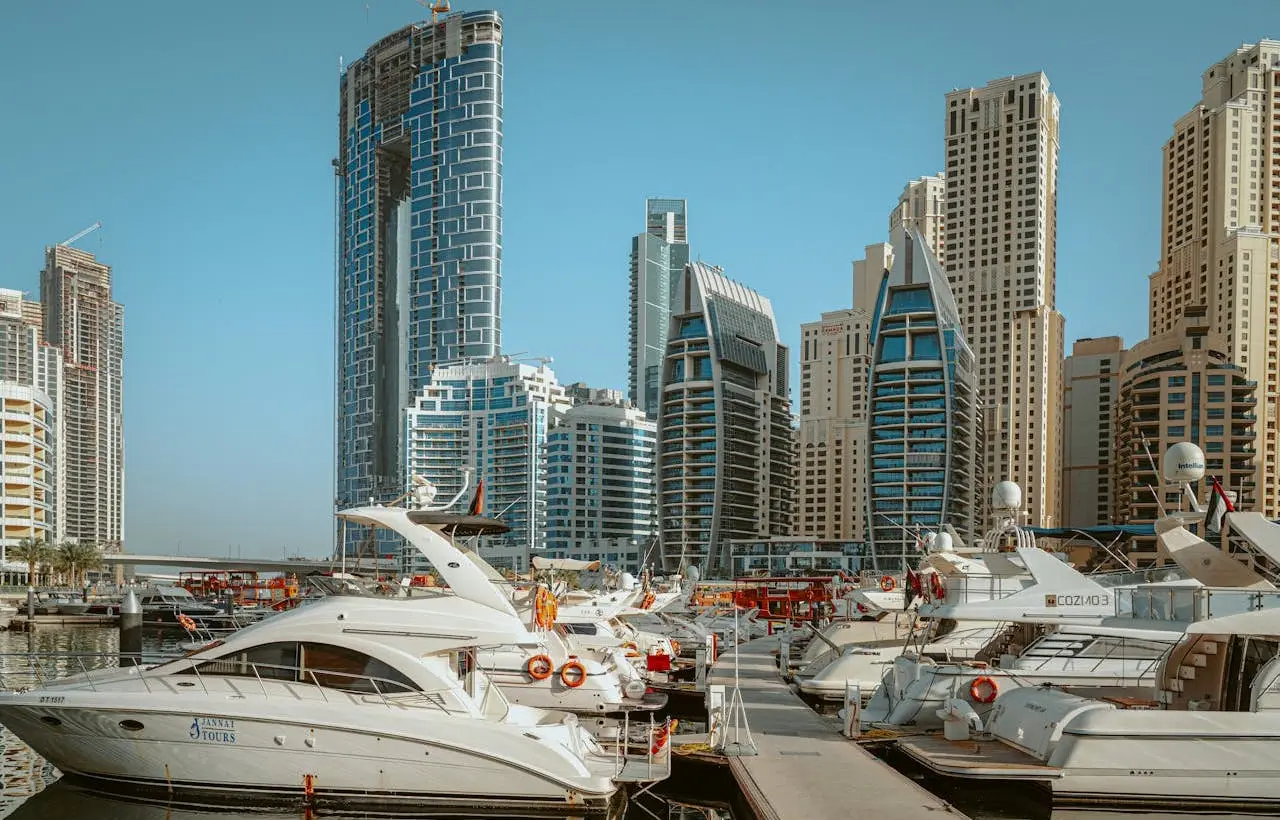
According to data released by the Dubai Land Department 2024 Report, freehold properties located in prime zones of Dubai are appreciating on average by 8% to 10% per year over the past five years. The data also shows that leasehold properties are appreciating at a slower rate as the lease term decreases.
For rental yields:
- Freehold apartments in high-demand areas: Often obtain a 5% to 7% gross yield.
- Leasehold apartments in Dubai: Lower by 1% to 2% due to location and less demand.
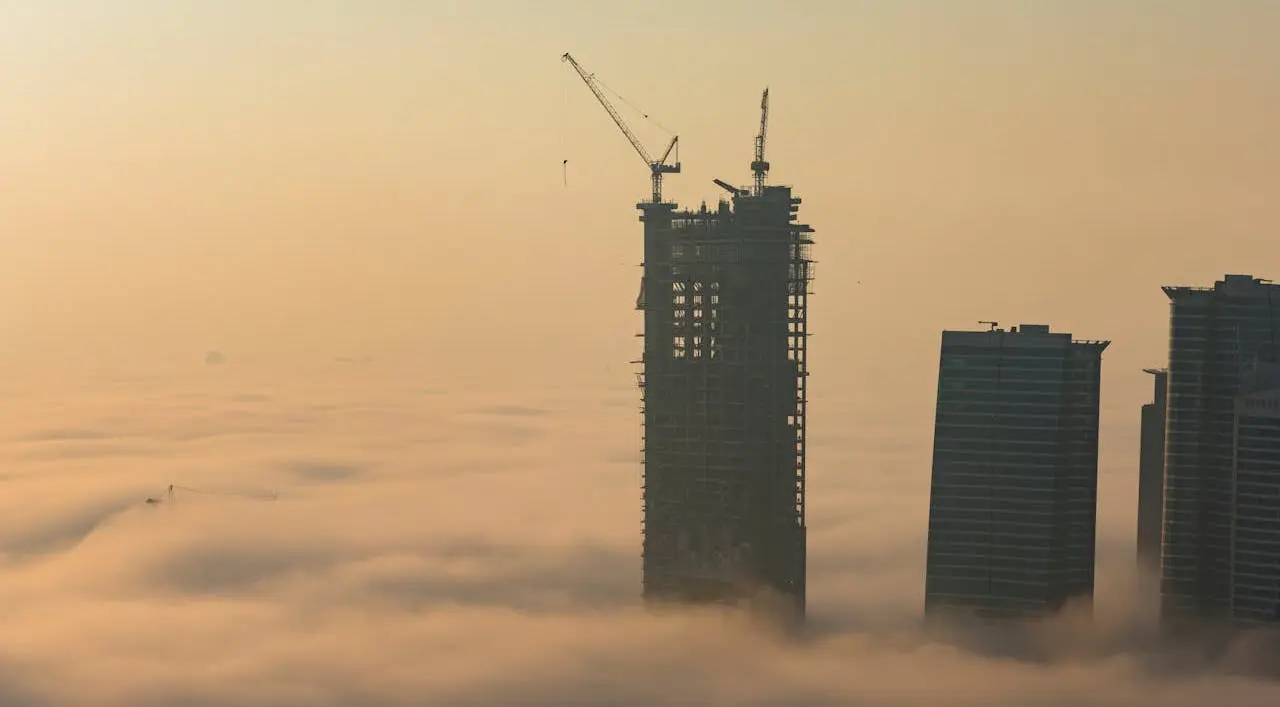
Your long-term plans, price budget, investment goals, and preferred location will go a long way to dictating whether a freehold or leasehold property in Dubai is right for you. Each has its own unique benefits and considerations that impact returns and future flexibility.
Choose Freehold if you want:
- Long-term ownership and security.
- Higher potential capital gains.
- Control over the property and renovations.
- Stronger bank financing options.
Choose Leasehold if you want:
- Lower upfront costs and smaller budget.
- Access to non-freehold areas in Dubai.
- Less maintenance responsibilities.
- Have a shorter investment horizon.
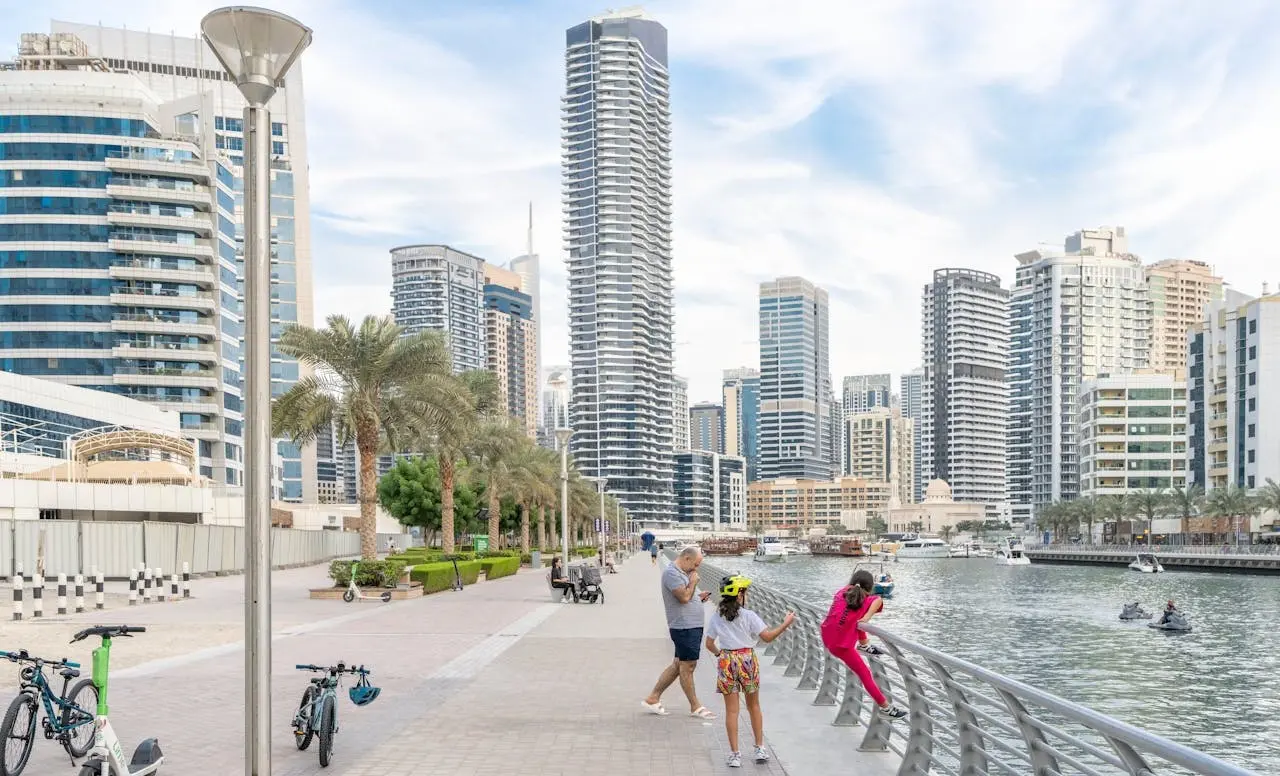
Offering a transparent and regulated property market, Dubai is ideal for both freehold buyers as well as leasehold investors. While freehold may often be the preferred choice for long-term ownership and security, leasehold can be an attractive prospect for lower prices and locations that are unavailable for freehold.
Before making a decision:
1. Thoroughly check the remaining lease term for leasehold units.
2. Carefully calculate service charges and maintenance costs.
3. Discuss with a qualified real estate lawyer for contracts and reviews.
With careful due diligence and planning, both freehold and leasehold ownership can be a rewarding experience in Dubai. For more information about freehold and leasehold homes in Dubai, please contact Place Overseas – our local advisors are happy to assist you and answer any questions that you might have.
